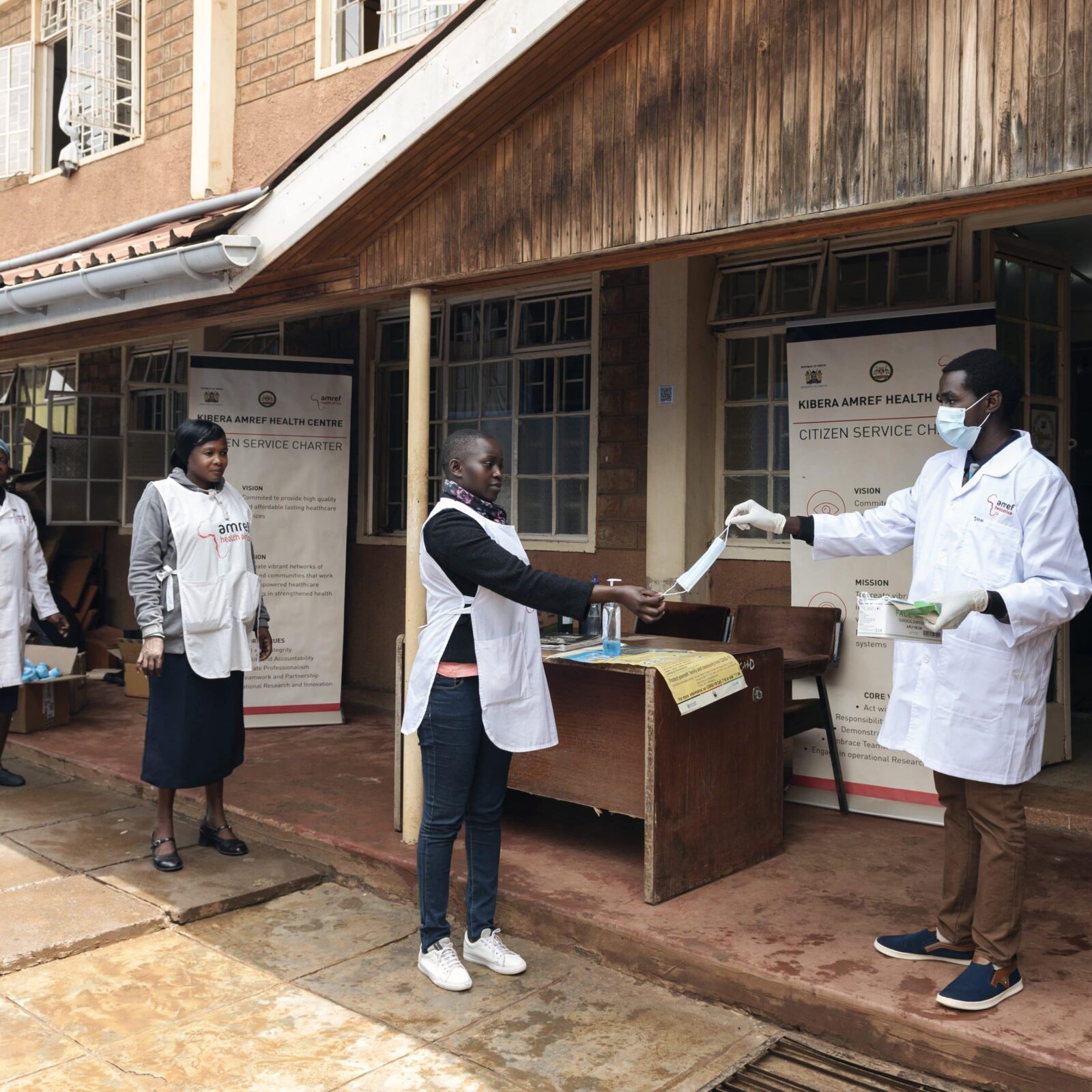About the research
The severe acute respiratory syndrome coronavirus 2 (SARS-CoV-2) that causes the coronavirus disease (COVID-19) has continued to spread globally, including in sub-Saharan Africa (SSA). Governments have put various policies in place to control the spread of the coronavirus and to mitigate its impact with diverse implications. Pre-existing inequalities are likely to affect the impact of the disease and also play out in the unintended outcomes of the response. Even before the COVID-19 pandemic, SSA was experiencing a disproportionately heavy burden of communicable and non-communicable diseases as well as poverty, with deep inequalities within and across countries. Unless evidence-based actions are taken very deliberately in the implementation of the policy response to the pandemic, these inequalities will increase. However, there is a paucity of knowledge to inform such actions; hence the need to gather evidence through the country case studies, to contribute to the response.
These two case studies, in Kenya and Uganda, will examine the range of laws, regulations and policies in operation at national and sub national levels. They will seek to analyse the intersection of COVID-19 and inequalities in order to identify and promote effective policy and programme responses that successfully mitigate the spread and impact of SARS-CoV-2, particularly among the disadvantaged; and to identify lessons that may apply to public health policy and practice more broadly. The emerging evidence will enhance accountability demands by stakeholders to duty bearers. Finally, the case studies will identify gaps in existing knowledge and propose avenues for additional research.
Planned activities
Conduct desk reviews, policy analysis, secondary data analysis, media analysis and qualitative key informant interviews.
